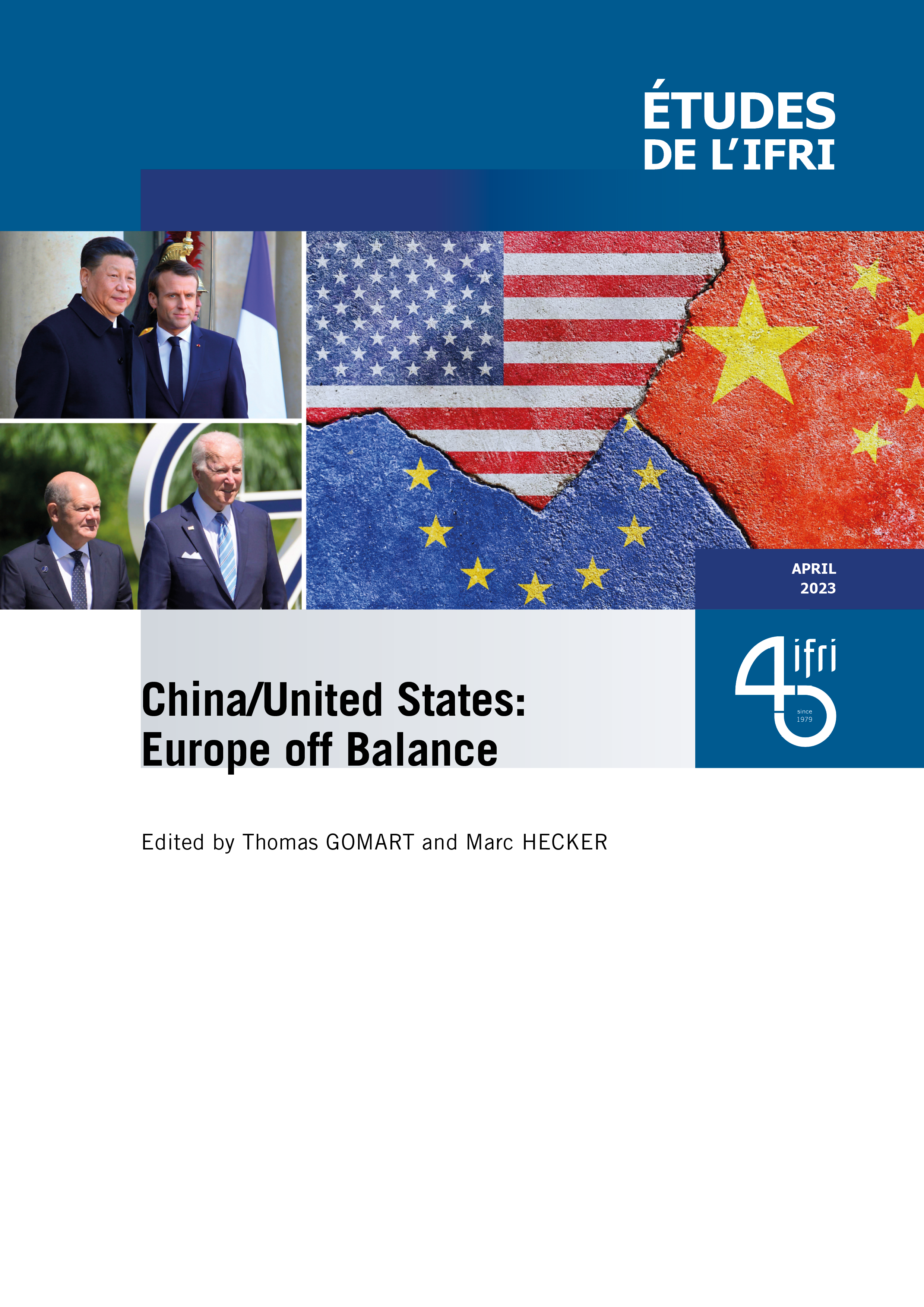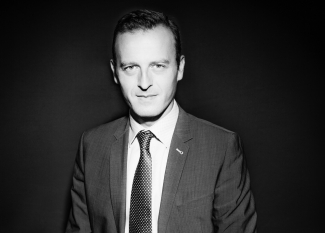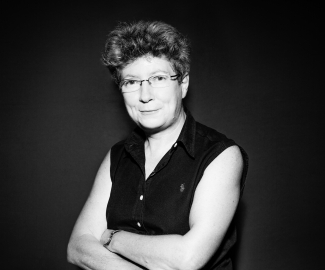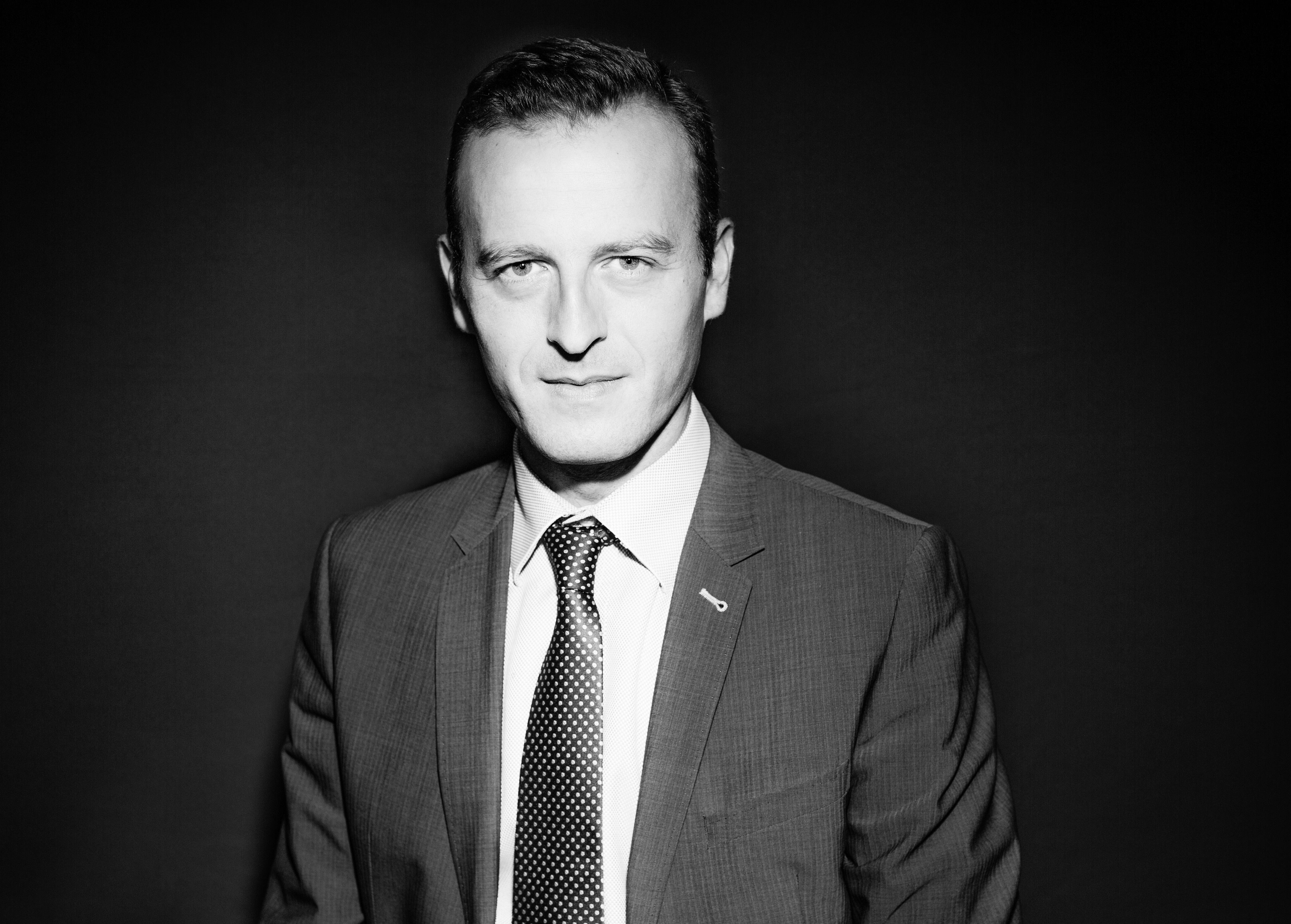China/United States: Europe off Balance

As French President Emmanuel Macron (accompanied by Ursula von der Leyen) is on a state visit to China, some twenty Ifri researchers decipher the stakes of the U.S./China/Europe strategic triangle.

This 16-text study follows Olaf Scholz’s visit to Beijing (November 2022) and precedes that of Emmanuel Macron (April 2023). It comes especially one year after the beginning of a geopolitical and geoeconomic shock of a rare magnitude: the invasion of Ukraine by Russia.
The War in Ukraine or the Return of Bloc Geopolitics?
The war in Ukraine has broken ties between the European Union (EU) and Russia for the foreseeable future, particularly in the field of energy, though not without consequences in the Middle East, Africa, and the Indo-Pacific. Furthermore, this war has become the main show of active indirect confrontation between the United States—which has provided military support to Ukrainians, with help from its European allies—and China, which has supported Russia politically and economically. In February 2022, Moscow and Beijing declared their “no limits friendship”; in March 2023, Xi Jinping offered his personal support to Vladimir Putin after the International Criminal Court issued a warrant for his arrest.
In its position on the political settlement of the Ukraine crisis, presented in February 2023, China stated: “All parties should oppose the pursuit of one’s own security at the cost of others’ security, prevent bloc confrontation, and work together for peace and stability on the Eurasian Continent”. China is no more of a mediator than the United States: it would be unrealistic to believe so. We appear to be witnessing a return of bloc geopolitics, albeit in a starkly different context than that of the Cold War (1947-1991). Globalization has produced strong economic and technological interdependencies that make any prospect of decoupling very costly, if not impossible. Economic partners are no longer necessarily military allies, and vice versa. In other words, a gap is opening up between geopolitical perceptions and geoeconomic realities.
The term “decoupling” is popular in the United States, though much less so elsewhere. The rejection of bloc geopolitics is particularly acute outside of the West, where a “pragmatic” approach to foreign policy is often promoted. The Saudi foreign minister summed this up during the World Policy Conference in December 2022: “Polarization is the last thing we need right now. […] We need to build bridges, strengthen connections, and find areas of cooperation”. A few months later, China pulled off an extraordinary diplomatic coup by brokering a deal to restore relations between Riyadh and Tehran.
For the EU, the situation is particularly delicate: Europe is in the Western camp, but a severing of ties with Beijing would cause a crushing economic blow. In 2022, China accounted for more than 20% of the EU’s imports, while the United States accounted for around 12%. By 2030, the EU’s GDP is expected to rise to $20.5 trillion, compared to $30.5 trillion for the United States and $33.7 trillion for China. In January 2023, the President of the European Commission declared at Davos: “We still need to work and trade with China, especially when it comes to this transition. So, we need to refocus our approach on de-risking, rather than decoupling”. For its part, Beijing has encouraged European aspirations of “strategic autonomy”, understood in China as a form of detachment from the United States. At the same time, the EU is constantly strengthening its military, technological, financial and energy ties with the U.S.
This collective study notes a hypothetical search for balance on the part of the Europeans, faced with a war on their territory (the Western peninsula of the heartland), who cannot escape Sino-American mechanisms, and who do not form a monolithic whole.
It also analyzes the strategy of several important actors outside our continent, and shows that, from Ukraine to Taiwan, via Africa and the Middle East, Europeans have little room for maneuver. This is why the study proposes recommendations to try, at a crucial moment, to reinforce their positioning.
This publication is also available in French: Chine/États-Unis : l’Europe en déséquilibre.
Download the full analysis
This page contains only a summary of our work. If you would like to have access to all the information from our research on the subject, you can download the full version in PDF format.
China/United States: Europe off Balance








































